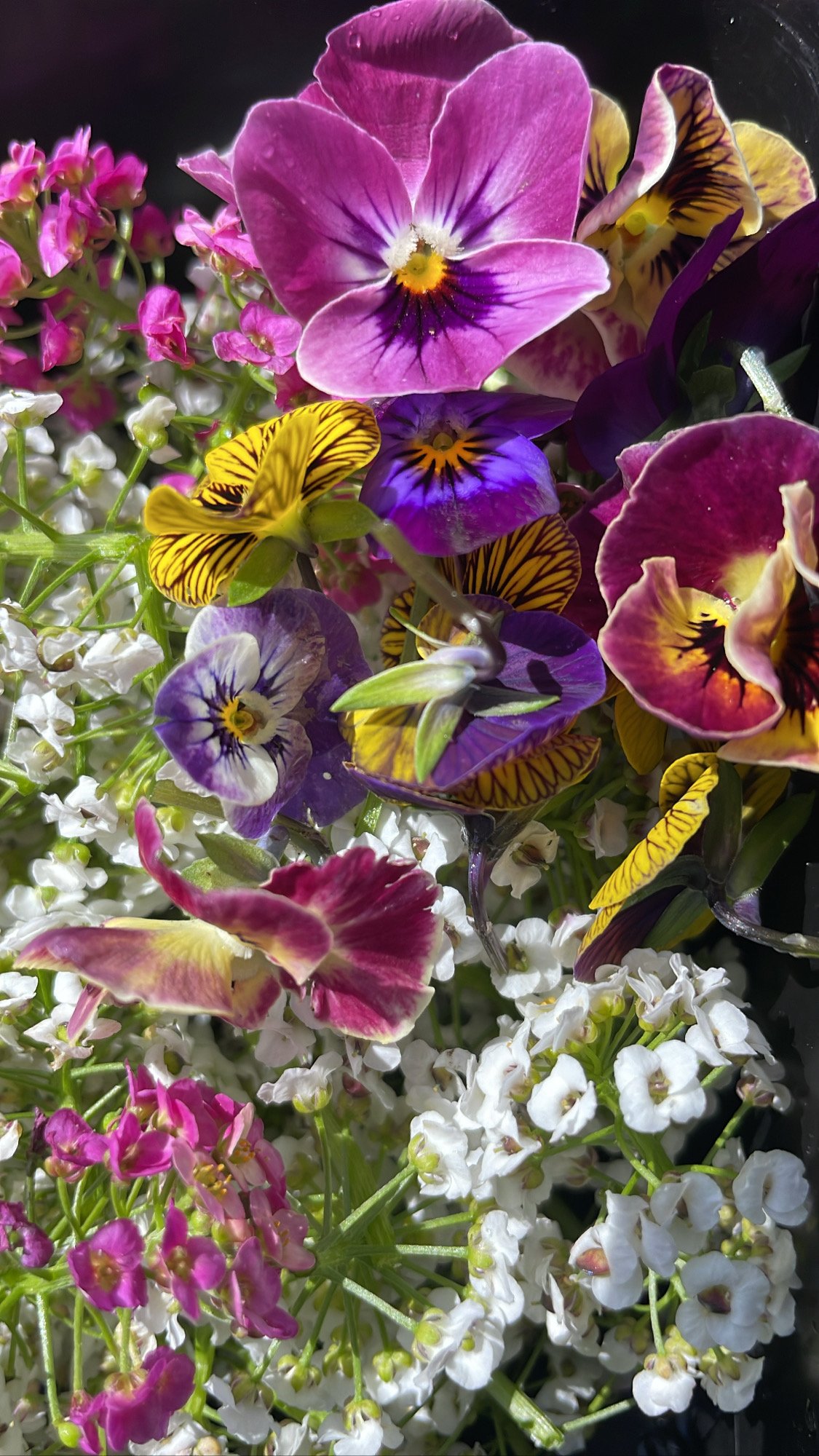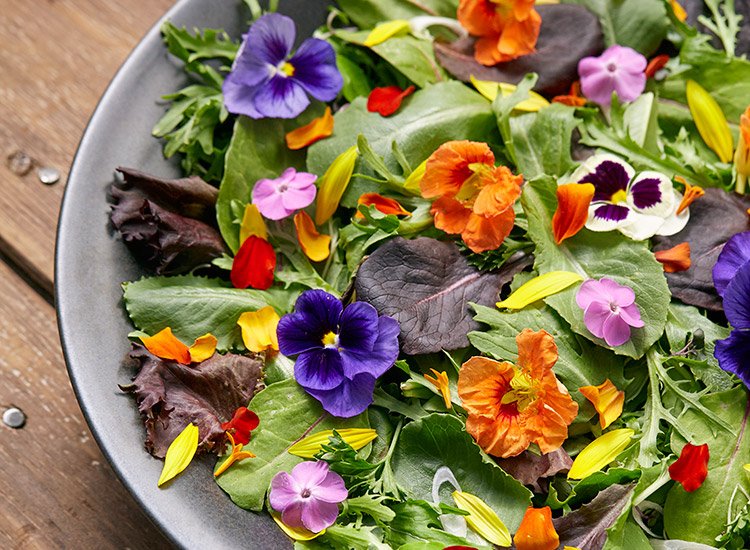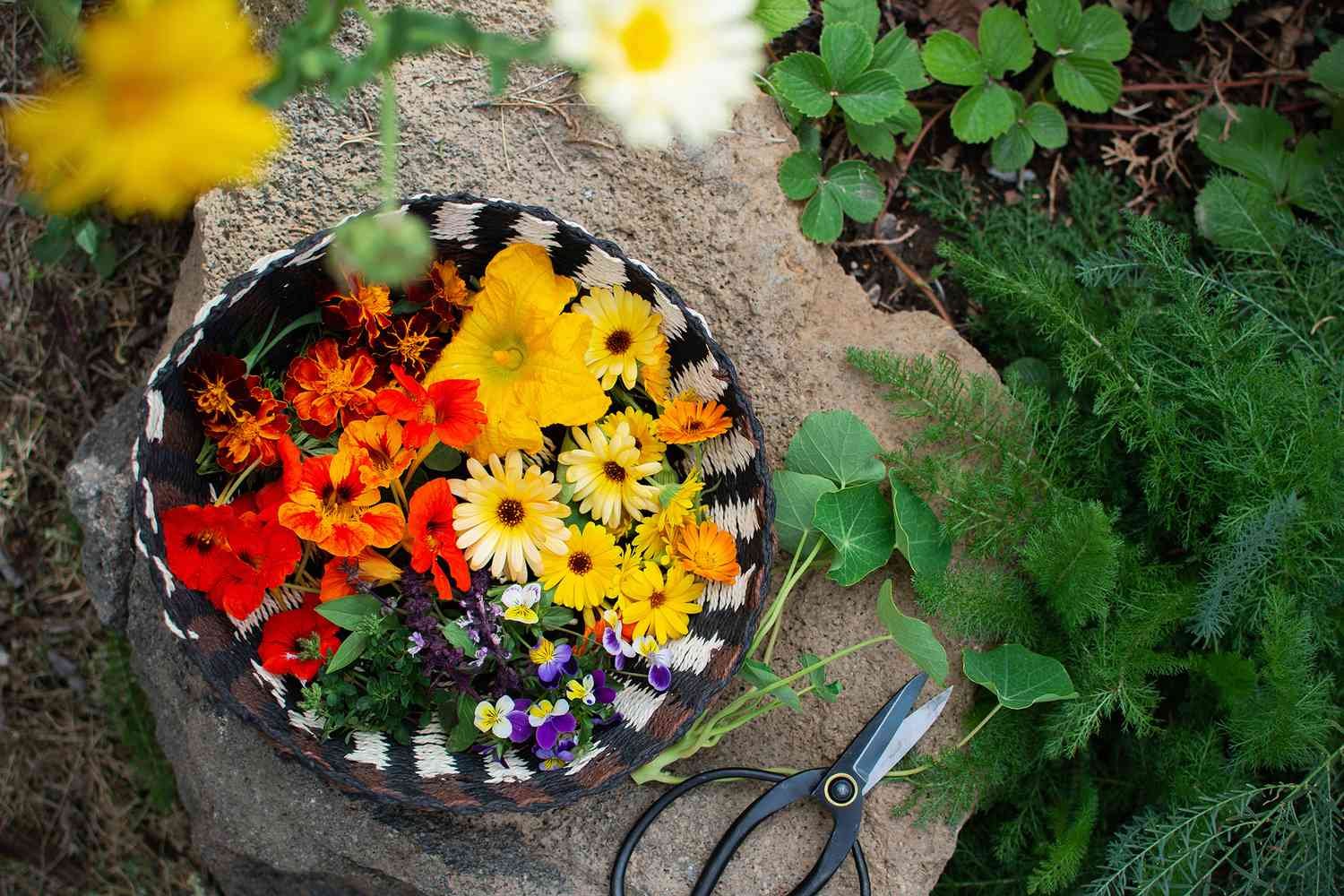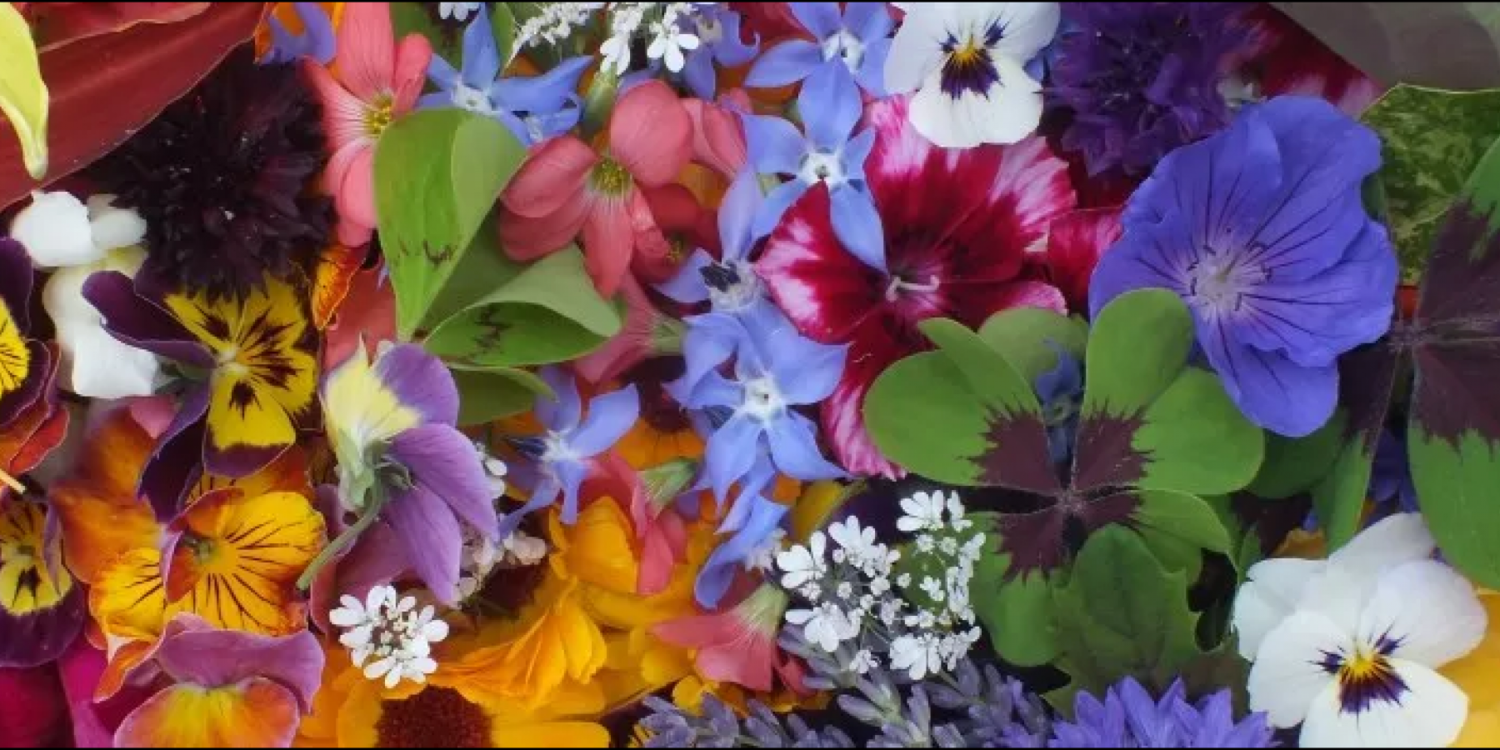10 Easy-to-Grow Edible Flowers You Should Have in Your Home Garden
Adding edible flowers to your home garden is a delightful way to enhance your kitchen creations. Not only do they add a burst of colour and fragrance, but many edible flowers also offer nutritional benefits and possess medicinal properties. Read on to explore 10 easy-to-grow edible flowers that you can pick from your own garden throughout the year. We will delve into their nutritional facts, highlight their medicinal properties, and suggest the best pairings for each flower!
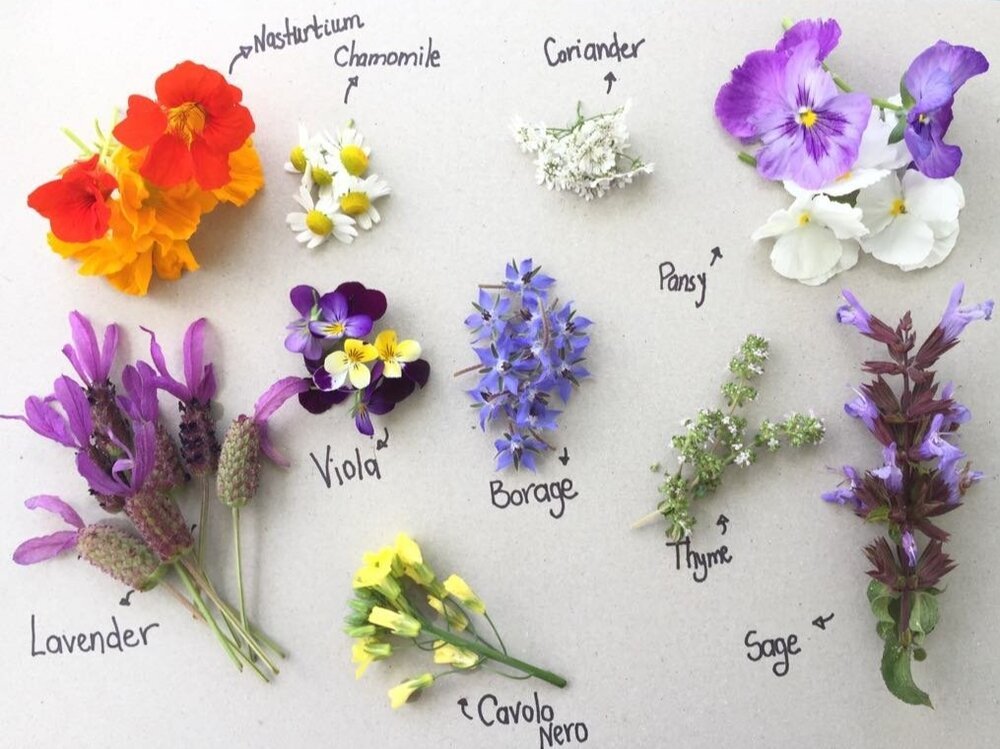
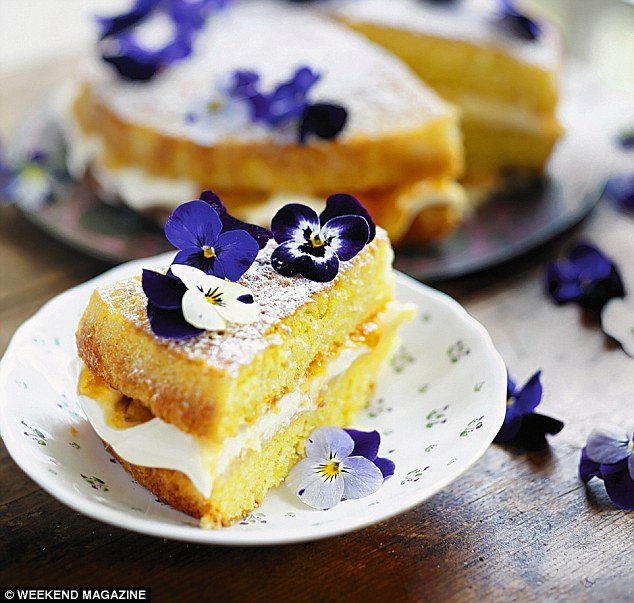
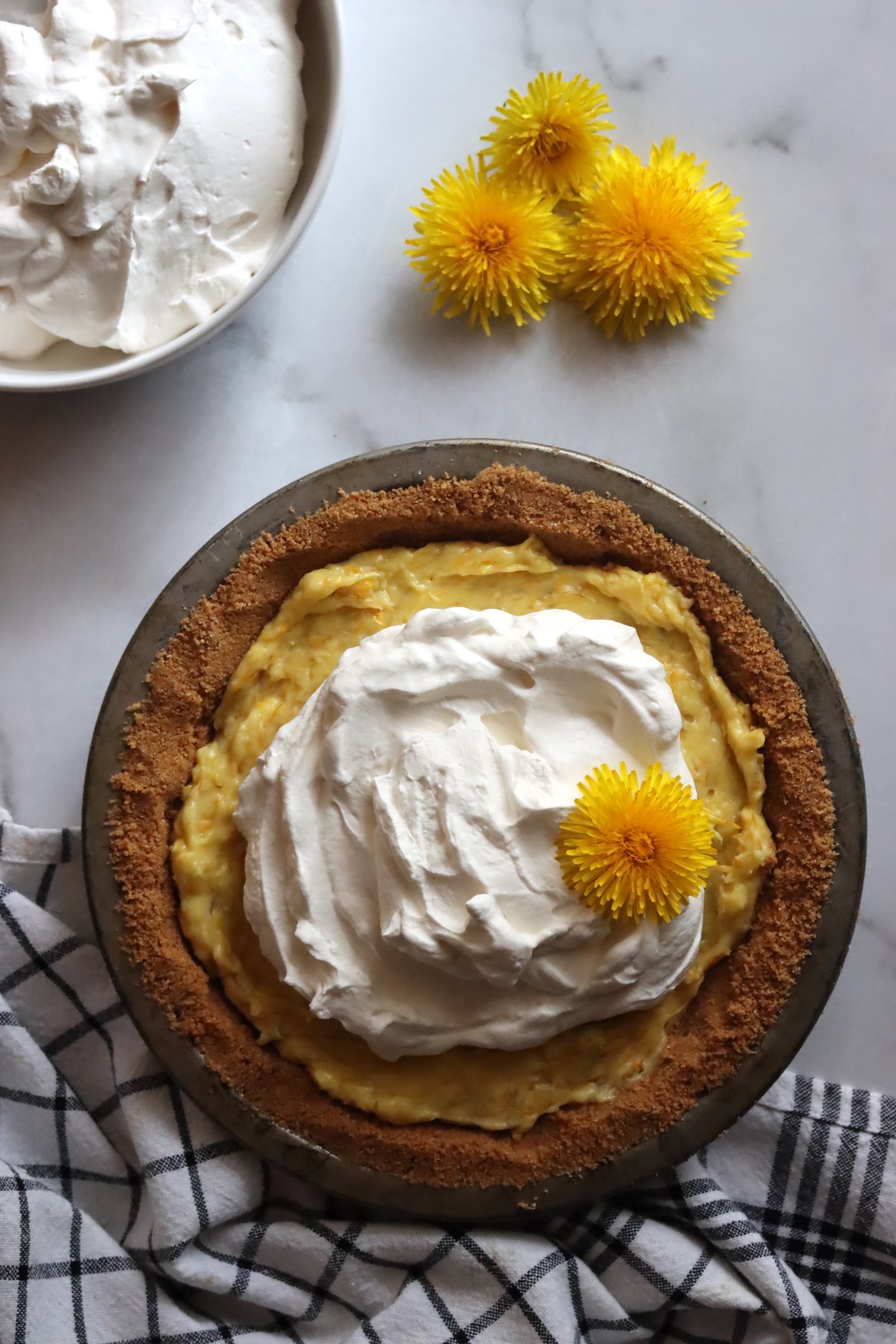
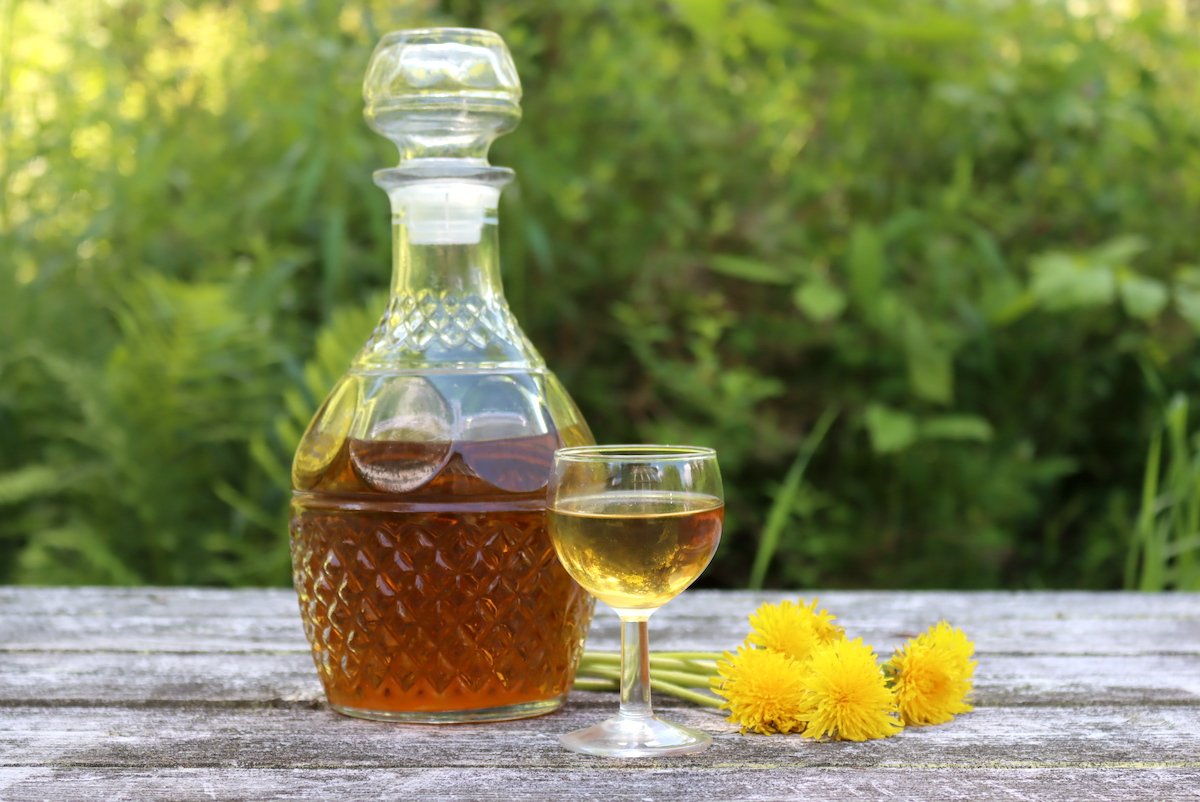
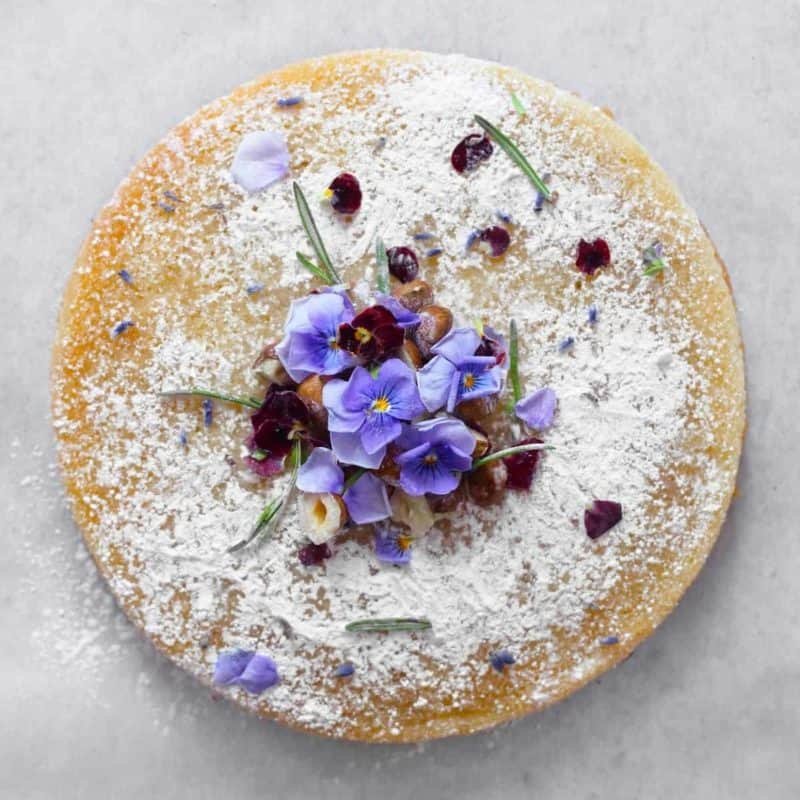
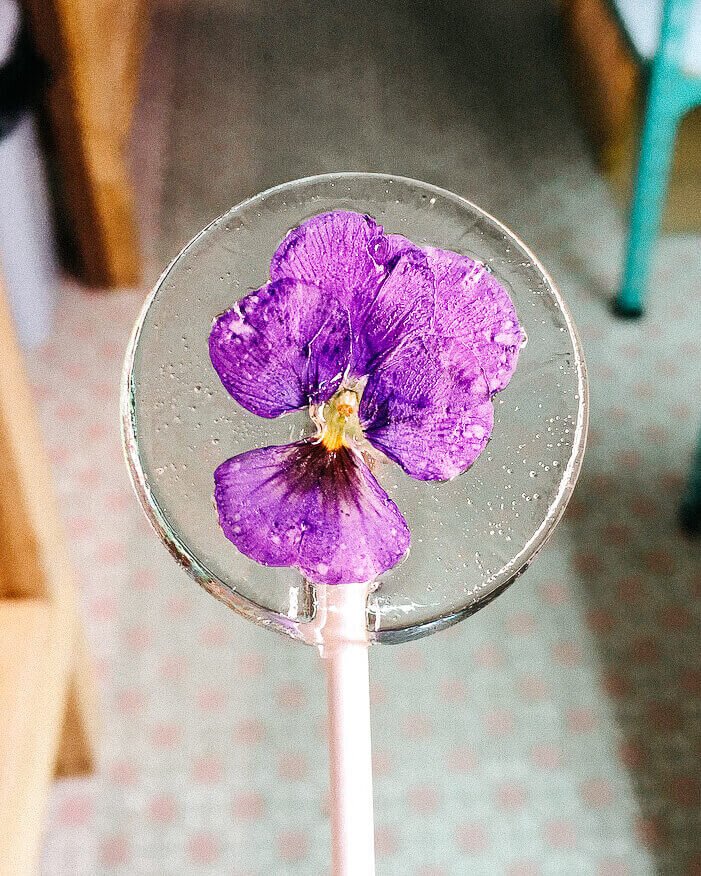
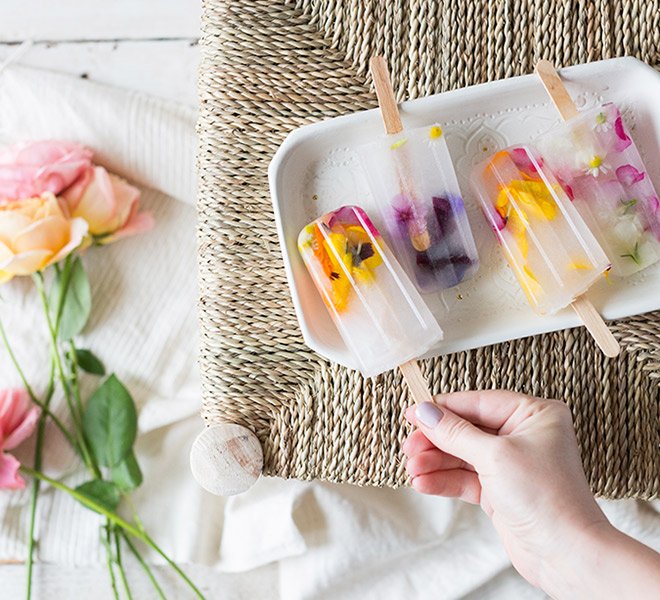
Calendula:
Nutritional Facts: Calendula flowers are packed with antioxidants and possess anti-inflammatory properties. They are a good source of vitamin A and flavonoids.
Medicinal Properties: Calendula flowers can soothe skin irritations, promote wound healing, and aid in digestion.
Best Pairings: Add calendula petals to salads, rice dishes, or herbal teas for a subtle, slightly spicy flavour.
Nasturtium:
Nutritional Facts: Nasturtium flowers are rich in vitamin C and contain compounds that act as natural antibiotics.
Medicinal Properties: Nasturtium flowers have antimicrobial and expectorant properties, aiding in respiratory health and boosting the immune system.
Best Pairings: Use nasturtium petals to garnish salads, soups, or sandwiches. Their slightly peppery taste adds a unique twist to your dishes.
Viola:
Nutritional Facts: Viola flowers are high in vitamins A and C and are a good source of antioxidants.
Medicinal Properties: Viola flowers have mild sedative properties and can be used to alleviate headaches and calm nerves.
Best Pairings: Viola petals are perfect for decorating cakes, desserts, or fruit salads. They bring a touch of sweetness and elegance to your creations.
Borage:
Nutritional Facts: Borage flowers are rich in essential fatty acids, such as gamma-linolenic acid (GLA). They are also a good source of potassium and calcium.
Medicinal Properties: Borage flowers have anti-inflammatory properties and can help alleviate stress and reduce fever.
Best Pairings: Freeze borage flowers in ice cubes or use them to garnish beverages like lemonade or cocktails. They provide a cool and refreshing taste.
Chives:
Nutritional Facts: Chive flowers are packed with vitamins A and C and are a good source of dietary fiber.
Medicinal Properties: Chive flowers have antimicrobial properties and can aid in digestion.
Best Pairings: Sprinkle chive flowers on top of omelets, mashed potatoes, or creamy soups. They offer a mild onion flavor and a pop of color.
Lavender:
Nutritional Facts: Lavender flowers contain antioxidants and have anti-inflammatory properties.
Medicinal Properties: Lavender flowers have calming effects and can help alleviate anxiety and promote better sleep.
Best Pairings: Use lavender buds in baking, such as lavender-infused cookies or cakes. You can also add them to hot tea for a soothing and aromatic experience.
Marigold:
Nutritional Facts: Marigold flowers are rich in antioxidants and contain compounds that support healthy vision.
Medicinal Properties: Marigold flowers have antiseptic properties and can help relieve digestive issues.
Best Pairings: Infuse marigold petals in vinegar or use them to garnish rice dishes. They add a bright pop of colour and a subtle tang.
Pansy:
Nutritional Facts: Pansy flowers are a good source of vitamins A and C and are rich in antioxidants.
Medicinal Properties: Pansy flowers have diuretic properties and can be used to relieve coughs and sore throats.
Best Pairings: Decorate cakes, pastries, or salads with pansy flowers. They provide a delicate and slightly minty flavour.
Rose:
Nutritional Facts: Rose petals are rich in vitamins A, C, and E and contain antioxidants.
Medicinal Properties: Rose petals have calming effects and can aid in digestion and relieve menstrual pain.
Best Pairings: Use rose petals to make homemade rosewater or add them to floral-infused ice creams. They add a fragrant and romantic touch.
Dandelion:
Nutritional Facts: Dandelion flowers are high in vitamins A, C, and K and contain beneficial minerals like iron and calcium.
Medicinal Properties: Dandelion flowers have diuretic properties and can support liver health.
Best Pairings: Use dandelion petals in salads or make dandelion syrup. They have a slightly bitter taste that pairs well with citrus flavors.
Including these 10 easy-to-grow edible flowers in your home garden will not only feed hungry pollinators and beautify your space but also provide you with a range of flavors, nutrients, and medicinal benefits. Experiment with incorporating these flowers into your culinary creations or cocktails and enjoy the wonderful world of edible flowers. Happy gardening and happy cooking!



